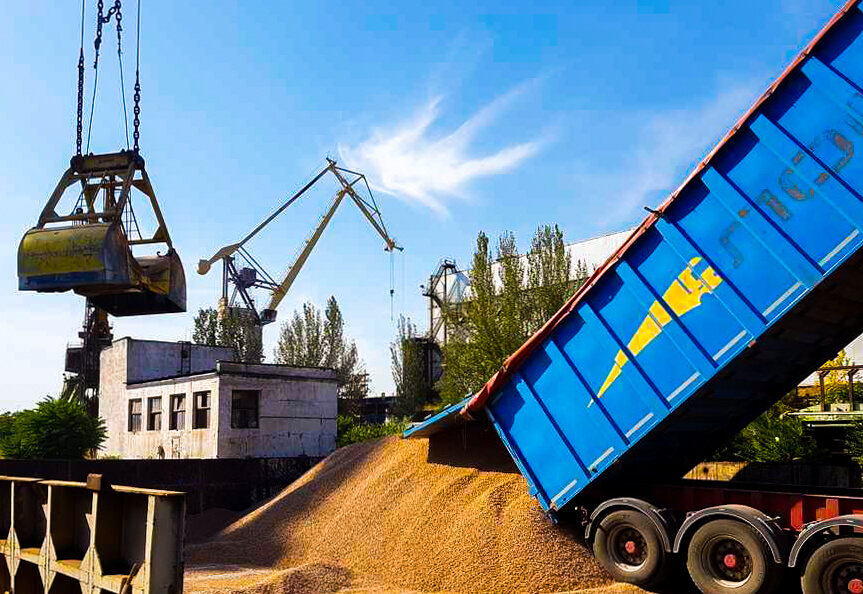
Wheat inspection
Wheat inspection is a critical quality control process that occurs at various stages of the logistics chain. It minimizes significant trade risks associated with the delivery or receipt of cargo that does not meet the agreed specifications, is not supplied in the correct quantity, or lacks the necessary accompanying documents for wheat export/import operations.
CISS GROUP offers comprehensive wheat inspection services to large agribusinesses and international trading companies in intermediate storage warehouses, elevators, factories, and ports worldwide.
Wheat crops can vary significantly in several respects, including differences in starch and protein content. Various parameters are used to determine the grade of wheat. The top three grades are designated for food (Group A), while the following two are specifically for pasta production. Additionally, Group B is used for classifying non-food wheat, and the sixth grade is designated for forage wheat. The classification of wheat quality can differ slightly from country to country, as there are no universally recognized standards.
GAFTA-accredited inspectors and laboratory technicians from CISS GROUP perform wheat inspections at any point in the supply chain.
Key Stages of Wheat Inspection:
Incoming/Outgoing Wheat Inspection
This inspection occurs during the delivery of wheat to silos or ports and when releasing it from factory or silo warehouses. The CISS GROUP inspector visually assesses the premises for suitability for cargo storage and checks the cargo to ensure it is dry, free from contamination, pests, foreign matter, weeds, mold, or foreign odors. For bagged wheat, the inspector inspects the bags for signs of soaking and, if agreed upon, performs selective bag openings for sampling and further quality checks.
Acceptance of Cleanliness of Containers/Holds Before Loading Wheat
This involves a visual inspection of containers and empty holds to verify cleanliness and suitability for transporting wheat. The inspector carefully examines internal surfaces and checks the integrity and condition of locks, hinges, and fasteners, along with rubber seals on container doors and hold covers.
Visual Control of the Loading Process and Wheat Sampling
During loading, the inspector monitors the loading of wheat, confirms gross/net weight through re-weighing, and conducts initial, intermediate, and final weight checks using the draft survey method. The inspector also oversees the fumigation process, performs a visual assessment of the cargo quality, takes samples according to GAFTA sampling rules, and forms composite samples. At the end of the loading, the inspector seals the containers or holds and enters all data into reports accessible to the client. CISS GROUP offers 24/7 loading inspection and sampling services.
Laboratory Analysis of Wheat Quality
Wheat quality is assessed exclusively in GAFTA-accredited laboratories in accordance with international standards as agreed in the contract. Standard parameters for determining wheat quality include color, odor, protein content, falling number, natural weight, and the presence of impurities and germination.
Additional quality indicators may include vitreousness and the quality and quantity of gluten. Laboratory tests also check for pesticides, mycotoxins, GMOs, dioxins, heavy metals, and radioactive elements in wheat.
At the client’s request, express analyses can be conducted for each predetermined lot during the loading process.
Photo and Video Reporting
Inspectors document each stage of the inspection with photos and videos, timestamping all recorded events. At the conclusion of the wheat inspection, CISS GROUP provides a detailed photo report covering all inspection stages.
Certificates
Upon completion of the wheat inspection, a final certificate or report is issued. Clients can verify the authenticity of the documents using a unique QR code that links to the CISS GROUP website, where PDF versions of the certificates are stored. Our certificates are secured with a digital cryptographic signature, ensuring their reliability and security.
Digitally signed certificates are often required by banks to validate the integrity of trade processes during financing operations in the form of letters of credit.
Send request






